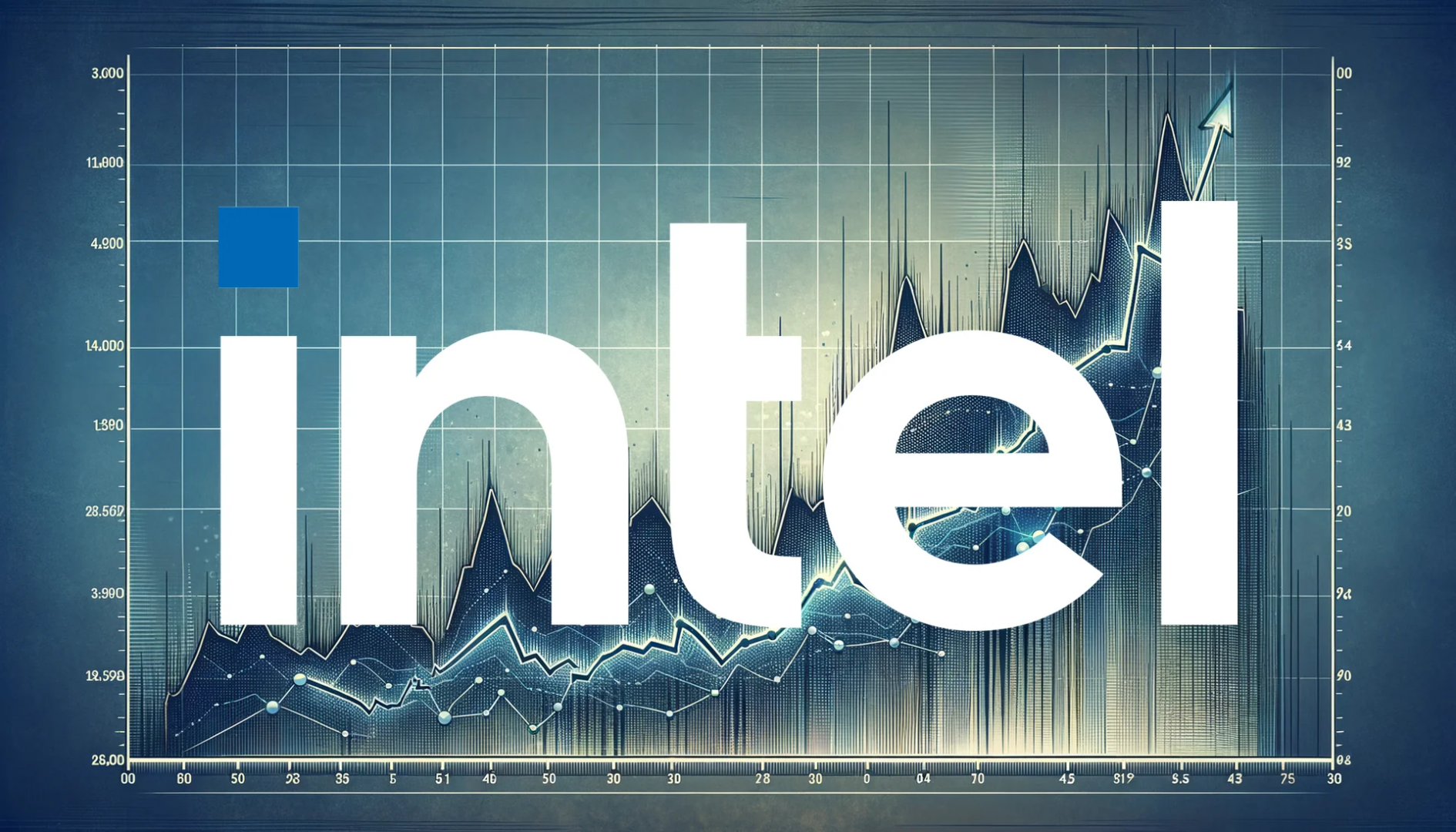A recent regulatory filing has revealed a substantial overhang for Intel Corporation (INTC) shares, stemming from the US Department of Commerce’s ability to offload a position exceeding 673 million shares. This potential flood of supply threatens to exert significant downward pressure on the chipmaker’s stock, which is already navigating a challenging period.
The Source of the Potential Share Sale
This situation originates from an agreement dated August 22, 2025, between Intel and the US Department of Commerce. The government entity not only holds a vast number of existing shares but also possesses a warrant granting rights to an additional 240 million shares. While the registration of these securities does not automatically trigger a sale, it provides the necessary framework for the government to dispose of them at its discretion and without prior warning.
In a paradoxical twist, Intel stands to gain no direct financial benefit from any potential sales executed by the government. The substantial financial support provided through the CHIPS Act was crucial for the company, yet those same provisions now enable the administration to potentially undermine Intel’s stock performance through massive equity sales.
Intel’s Vulnerable Financial Position
This development arrives at a precarious time for the semiconductor giant. The company’s latest quarterly results highlighted ongoing struggles, reporting a disappointing loss of $0.10 per share alongside meager revenue growth of just 0.5%. Further concern stems from negative net margins and returns on equity, painting a picture of a company entrenched in a difficult turnaround effort.
Should investors sell immediately? Or is it worth buying Intel?
The market context presents additional headwinds:
* Institutional investors control over 64% of outstanding shares
* Market analysts maintain a cautious stance, with many retaining “Reduce” ratings
* The stock continues to trade substantially below its 52-week high
Market Impact and Investor Considerations
The mere possibility of a large-scale share disposal by a single entity like the US government creates a palpable overhang on Intel’s stock. Investors are now forced to factor in not only the company’s operational performance and competitive challenges but also the potential actions of a major shareholder whose objectives may not align with typical market participants.
This additional layer of uncertainty introduces fresh volatility risk, potentially making the stock more susceptible to sharp downward moves. The critical questions for the market are no longer about whether the government might act, but rather when it will choose to do so and how Intel’s financial foundation will withstand this potential pressure.
Ad
Intel Stock: Buy or Sell?! New Intel Analysis from February 7 delivers the answer:
The latest Intel figures speak for themselves: Urgent action needed for Intel investors. Is it worth buying or should you sell? Find out what to do now in the current free analysis from February 7.
Intel: Buy or sell? Read more here...










